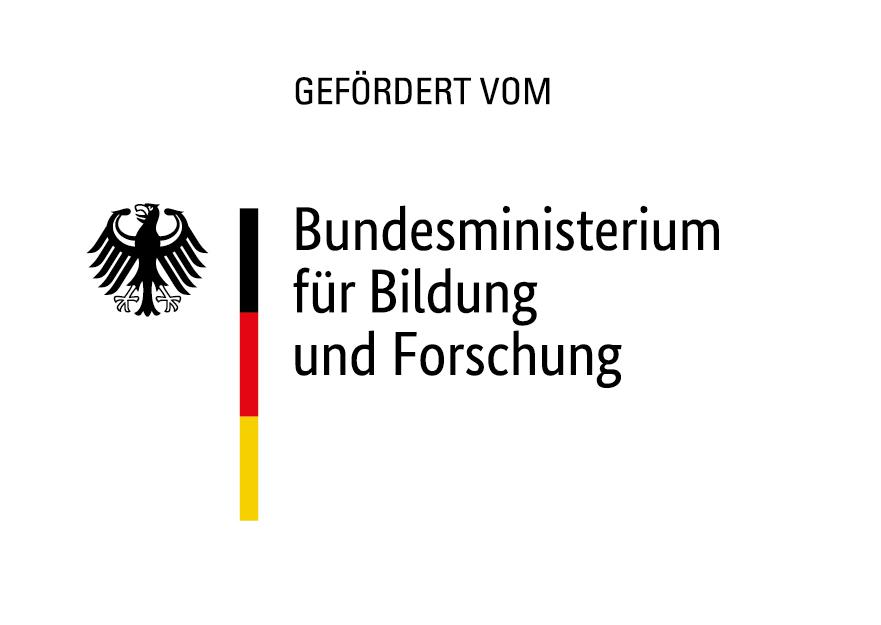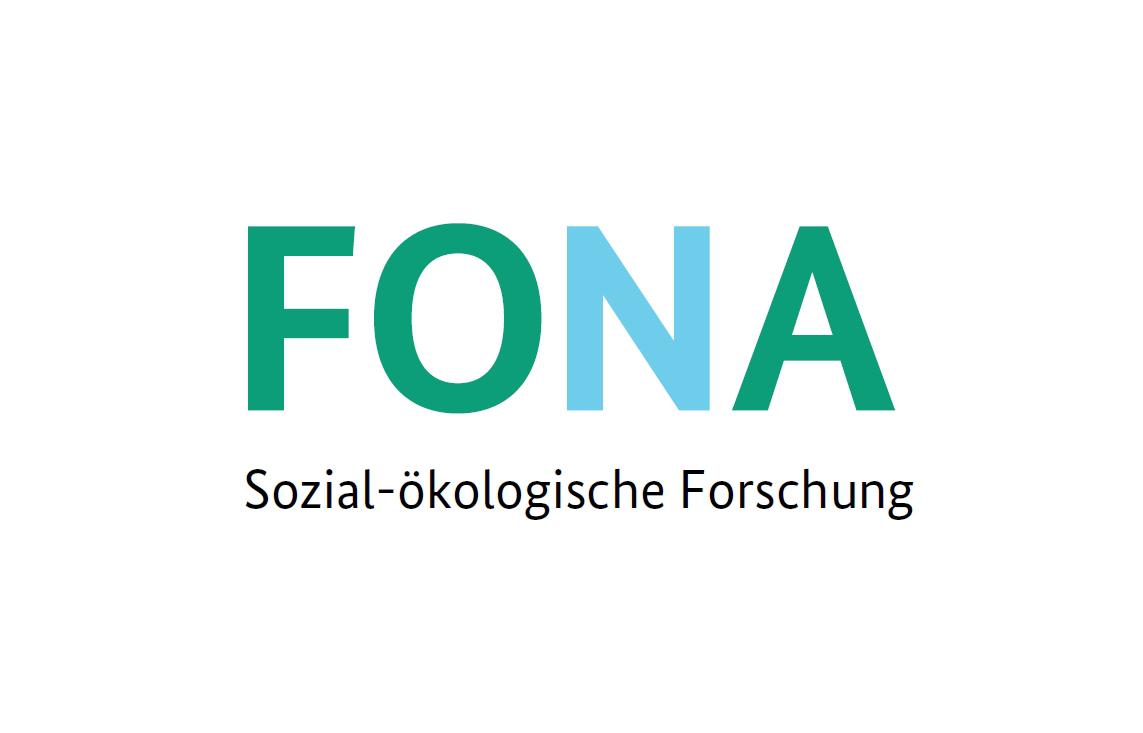Research projects
Implementation of innovative sustainable mobility concepts in new housing districts and conversion areas by the example of the Lincoln neighborhood in Darmstadt
| Client: | Federal Ministry of Education and Research (BMBF), funding program „MobilitätsWerkStadt 2025“ |
| Partner(s): | City of Science Darmstadt (Lead); Goethe- University Frankfurt am Main/ Institute for Human Geography / mobility research group; StetePlanung |
| Time frame: | 09/2021 – 08/2024 |


The development of livable and car-reduced new housing districts can be a key element in the sustainable transformation of urban transportation systems because one's own home is the start and destination of most everyday journeys. If the residential environment is characterized by high-quality public spaces and incentives to switch to environmentally friendly means of transport, it can be assumed - according to the planning approach - that residents will generally use their cars less often.
The NaMoLi II research project therefore took the example of the Lincoln conversion area in Darmstadt to examine the effects, strategies, success factors, and obstacles of car-reduced neighborhood development. In the previous project NaMoLi I, a team from the mobility research group at Goethe University Frankfurt am Main found that both car ownership and car use fell slightly after moving to the Lincoln neighborhood. As part of NaMoLi II, the researchers at Goethe University continued to analyze the changes in mobility behavior during the ongoing neighborhood development, and the Mobility Office of the City of Darmstadt further developed the residential location-based mobility management.
Meanwhile, the research group Mobility and Space at the ILS investigated the planning processes and stakeholder constellations that were essential for the development of a car-reduced neighborhood. Particular attention was paid to the balance of interests between urban and private actors, such as housing developers. The corresponding negotiation processes were accompanied and analyzed using qualitative research approaches. A further research focus of the ILS was dedicated to the question of the extent to which the principles of car-reduced neighbourhood development could also be transferred to city districts characterized by different building densities, housing typologies, and social structures. This transfer potential was also examined qualitatively using the examples of the inner-city development area Mülheim-Süd in Cologne and the suburban Schilling-Gelände district in Bielefeld-Sennestadt.
Since September 2024, NaMoLi II is followed by NaMoLi III.
Publications
Overview of publications on the car-reduced Lincoln neighborhood in Darmstadt from the NaMoLi II research projects and the previous QuartierMobil and NaMoLi I research projects (without ILS contribution)
Klein, Marcus; Klinger, Thomas; Lanzendorf, Martin (2024): Residential self-selection and the relative importance of travel considerations in the residential choice of a car-reduced neighbourhood. Transportation Research Part A: Policy and Practice 190, 104266. https://doi.org/10.1016/j.tra.2024.104266 (Open Access).
Schröder, Annika (2024): Forschen für den Planungswandel. Von autoorientierter zu autoreduzierter Quartiersentwicklung? In: PLANERIN 6, S. 11-14
Schröder, Annika; Werschmöller, Simon; Klinger, Thomas.; Lanzendorf, Martin (2024): Autoreduzierte Quartiersentwicklung am Beispiel der Lincoln-Siedlung in Darmstadt – Von überzeugungsgeleiteter Planung zu verändertem Mobilitätsverhalten der Bewohnenden. In: Canzler, Weert; Haus, Juliane; Kellermann, Robin; Schröder, Sabine; Thomsen, Carlo (Hrsg.): Gemeinsam in Bewegung: Forschung und Praxis für die Mobilitätswende. Beispiele und Erkenntnisse aus den Projekten der BMBF-Fördermaßnahmen MobilitätsWerkStadt 2025 und MobilitätsZukunftsLabor 2050. Sammelband. nexus Institut & WZB. Berlin, 37–45.
Kalbhenn, Johann; Klein, Marcus (2024): Methodenbericht zur Befragung „Nachhaltige Mobilität in der Lincoln-Siedlung“. Darstellung der ersten beiden Erhebungen einer mehrstufigen Panelstudie in den Jahren 2020 und 2021. Arbeitspapiere zur Mobilitätsforschung 41. Frankfurt am Main. https://doi.org/10.21248/gups.69042.
Stete, Gisela; Bonin, Fabienne (2024): Alltagsmobilität in autoarmen Quartieren. Eine Untersuchung in der Lincoln-Siedlung in Darmstadt anhand von Mobilitätstagebüchern. Arbeitspapiere zur Mobilitätsforschung 42. Frankfurt am Main.
https://doi.org/10.21248/gups.69045.
Schröder, Annika; Klinger, Thomas (2024): From car-oriented to car-reduced planning practices: The complex patterns of actors’ mobility-related beliefs in developing a new neighborhood. In: Environmental Innovation and Societal Transitions 50, 100800.
https://doi.org/10.1016/j.eist.2023.100800.
Wissenschaftsstadt Darmstadt, Mobilitätsamt (Hrsg.) (2023): 1. Evaluierungsbericht. Mobilitätskonzept der Lincoln-Siedlung, Darmstadt. Evaluationszeitraum 2017-2022. Darmstadt. 1.Evaluierungsbericht_Lincoln-Siedlung_2023_06_07.pdf (17.05.2024).
Selzer, Sina (2022): Nachhaltige Mobilität im autoreduzierten Quartier? Zwischen Narrativen und gelebten Praktiken – eine empirische Untersuchung am Beispiel zweier Quartiere in Darmstadt. Dissertation. Frankfurt am Main. https://www.uni-frankfurt.de/124860941/dissertation_selzer_20222007.pdf (17.05.2024).
Selzer, Sina; Lanzendorf, Martin (2022): Car independence in an automobile society? The everyday mobility practices of residents in a car-reduced housing development.
In: Travel Behaviour and Society 28, 90–105. https://doi.org/10.1016/j.tbs.2022.02.008.
Selzer, Sina; Schwerdtfeger, Stefanie; Kirschner, Franziska; Lanzendorf, Martin (2022): Reallabore in Bestands- und Neubauquartieren am Beispiel der Mobilitätsforschung – Das Projekt „QuartierMobil“. In: Libbe, Jens (Hrsg.): Reallabore und Urbane Transformation. Methoden, Akteure und Orte experimenteller und ko-produktiver Stadtentwicklung am Beispiel von Projekten der BMBF-Zukunftsstadtforschung. Berlin: Gröschel Branding GmbH, 119–127. https://www.nachhaltige-zukunftsstadt.de/downloads/SynVerZ_Sammelband_Reallabore.pdf (17.05.2024).
Blechschmidt, Andreas; Samaan, Astrid; Stete, Gisela; Wagener, Hanna (2021): QuartierMobil: Reallabor Lincoln-Siedlung Darmstadt. Abschlussbericht. Darmstadt. https://www.quartiermobil-darmstadt.de/wp-content/uploads/2021/12/2021-08-06_QM-Bericht.pdf (17.05.2024).
Klein, Marcus; Klinger, Thomas; Lanzendorf, Martin (2021): Nachhaltige Mobilität in Lincoln. Evaluation des Mobilitätskonzepts und Veränderungen im Mobilitätsverhalten der Bewohner*innen der Lincoln-Siedlung in Darmstadt. Arbeitspapiere zur Mobilitätsforschung 25. Frankfurt am Main. https://doi.org/10.21248/gups.51590.
Trei, Derk T.; Hornung, Johanna; Rychlik, Jasmin; Bandelow, Nils C. (2021): From political motivation to scientific knowledge: classifying policy labs in the science-policy nexus. In: European Planning Studies 29, 12, 2340–2356.
https://doi.org/10.1080/09654313.2021.1941785.
Selzer, Sina (2021): Car-reduced neighborhoods as blueprints for the transition toward an environmentally friendly urban transport system? A comparison of narratives and mobility-related practices in two case studies. In: Journal of Transport Geography 96, 103126.
https://doi.org/10.1016/j.jtrangeo.2021.103126.
Samaan, Astrid; Selzer, Sina; Stete, Gisela; Wagener, Hanna (2020): „Realitätscheck“ Lincoln- Siedlung: Treiber und Hemmnisse der praktischen Umsetzung eines nachhaltigen Mobilitätskonzeptes“. In: Planerin, 6, 50–52.
Rychlik, Jasmin; Möck, Malte; Trei, Derk T. (2020): Die Verkehrswende zwischen Theorie und Praxis. In: Transforming Cities 2, 69–73.
Selzer, Sina; Lanzendorf, Martin (2019): On the Road to Sustainable Urban and Transport Development in the Automobile Society? Traced Narratives of Car-Reduced Neighborhoods.
In: Sustainability 11, 16, 4375. https://doi.org/10.3390/su11164375.
Wissenschaftsstadt Darmstadt (Hrsg.) (2018): lincolnsiedlung. Mobilitätskonzept. Darmstadt. https://www.quartiermobil-darmstadt.de/wp-content/uploads/2019/07/lincoln_mobil_fachbroschuere.pdf (17.05.2024).
Abschlussbericht NaMoLi 1. https://www.quartiermobil-darmstadt.de/wp-content/uploads/2023/06/2022-11-14_Schlussbericht_NaMoLi.pdf (02.06.2024)
Abschlussbericht QuartierMobil, https://www.uni-frankfurt.de/117662104/quartiermobil_schlussbericht.pdf (02.06.2024)
Project leader:
- Dr. Thomas Klinger
Phone: +49 (0) 231 9051-264
E-Mail: thomas.klinger@ils-research.de
Project team:
- Annika Schröder
Phone: +49 (0) 231 9051-234
E-Mail: annika.schroeder@ils-research.de
[« back]





